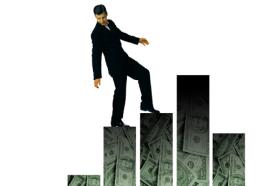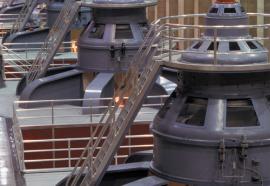Natural-Gas Revenue Decoupling: Good for the Utility, or for Consumers?
Among a host of arguments for and against RD is the question of upside for consumers.
Retaining adequate earnings is the driving motive for revenue decoupling (RD) among gas utilities, while conservationists view RD as necessary for the removal of resistance to energy efficiency. But the benefits of RD to consumers are less certain.








